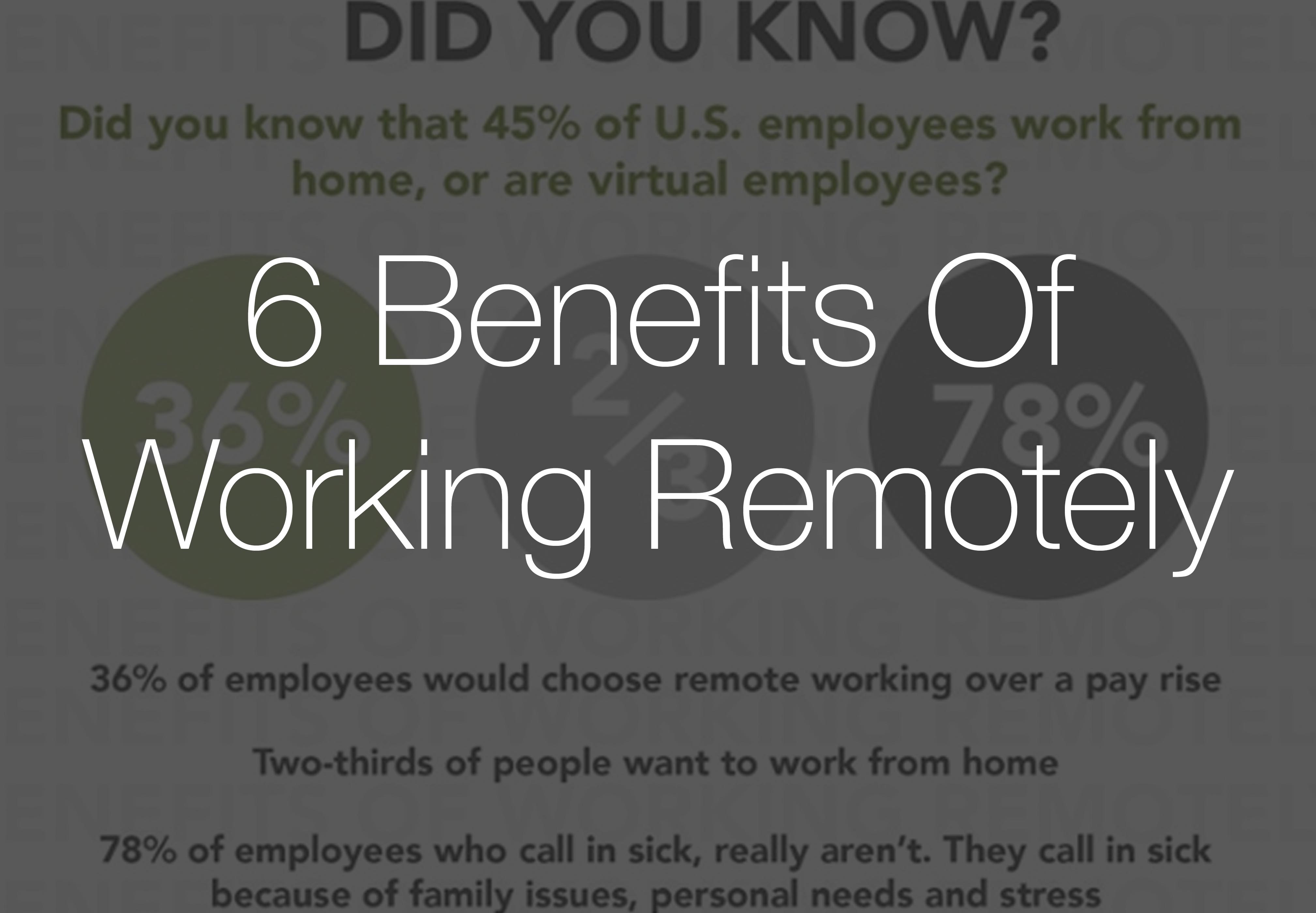

They’re more open to change and subject to influence from new, non-work factors present in employees’ day-to-day lives. Cultural beliefs and norms are still being created and reinforced, but they’re not being guided by systems and routines that were previously established in the office. Of course, it’s not that company culture somehow goes away in a remote or hybrid context. How can they reimagine their culture for a world where rituals and ceremonies enacted in the office are inaccessible, and workers have little or no face-to-face interaction with each other or their leaders? How can they build the types of bonds that establish a lasting culture, not to mention integrate new employees? How can they redefine company culture to match the new rhythms that emerge when some employees are in the office and others are working from anywhere? Adapting to this new working model might seem straightforward in theory, but it will prove more nuanced in practice, especially when it comes to organizational culture.Ĭompany culture is rightly a primary concern for many leaders.

As a result, a hybrid working model that embraces the best of both remote and office-based work awaits many workers and companies on the other side of the crisis. The pandemic pushed many organizations to become fully remote, and the experience has been better than many imagined.


 0 kommentar(er)
0 kommentar(er)
